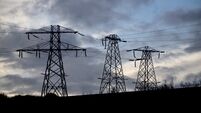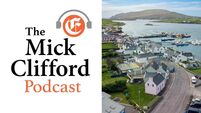What Ursula von der Leyen’s EU energy plans mean for Ireland’s soaring household bills

The Government has said data centres are crucial to the economy, but it will soon be obliged to adhere to European regulations aimed at making information about their operations more transparent. Picture: David Creedon
When European Commission president Ursula von der Leyen stood up two weeks ago to deliver the landmark annual state of the union speech, many of her officials were in a bind.
After it finished, they would start receiving calls from journalists asking for more detail on the grand plans she would set out that would have impacts across the 27 countries that make up the European Union.














